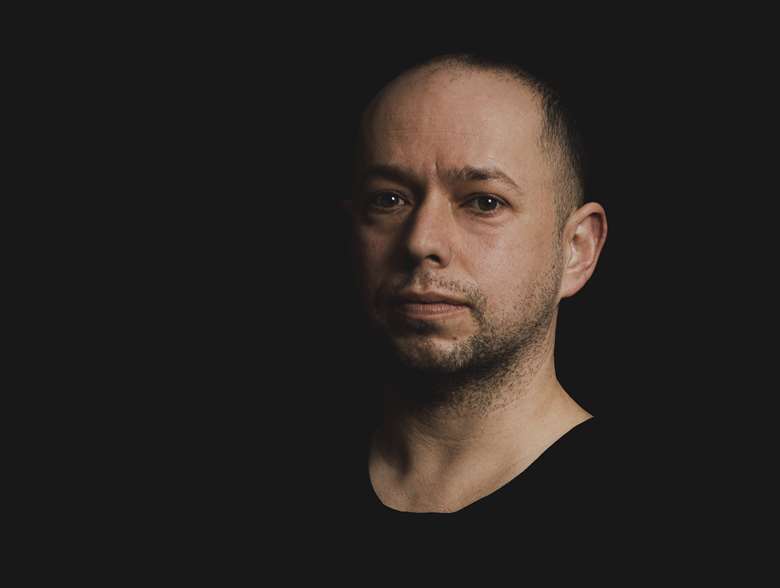Luke Styles' Voices of Power
Florence Lockheart
Tuesday, July 26, 2022
The latest premiere from British-Australian composer Luke Styles, Voices of Power examines the nature of power through seven powerful women across history. Florence Lockheart sits down with Styles ahead of Thursday's premiere to talk about the creative process behind this impactful new work


Register now to continue reading
Don’t miss out on our dedicated coverage of the classical music world. Register today to enjoy the following benefits:
- Unlimited access to news pages
- Free weekly email newsletter
- Free access to two subscriber-only articles per month